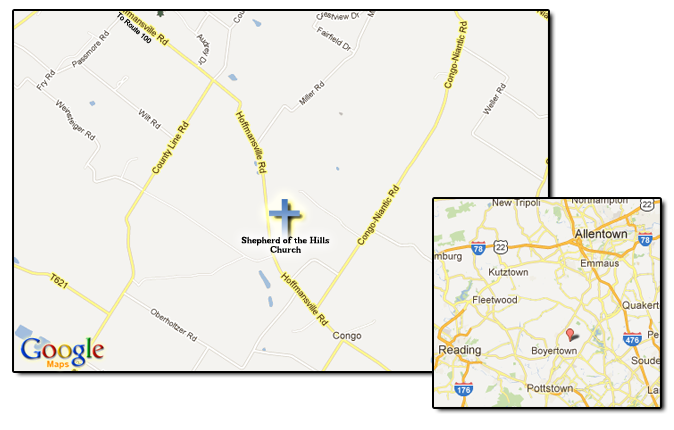Speaker:
Collin Monger
Date:
Sunday, November 15, 2020
Summary:
Scriptures Cited: 1 Thessalonians 5:18; Ephesians 5:20; Matthew 5; Ecclesiastes 3:1; Jonah 4; James 4; Lamentations 3:38; John 16:33; Psalm 9:1.
Introduction
- Thankfulness is easy when things are good
- How can we be thankful when things are hard?
- Job was a man who endured hardship yet remained thankful
Job’s Affliction
Job’s affliction came in various ways
- spiritually – because of his relationship with God (1:1, 5, 8)
- practically – his faith cost him practically in life (1:12, 13-19; 2:4-7)
- relationally – his closest friends abandoned him (2:9; 4:7-8; 11:6; 18:5)
- psychologically – his affliction didn’t make sense (1:22; 2:10)
he had done everything right and suffered anyway
Job’s Reaction
- Job had the right perspective (1:21)
- He realized everything has a season and things change
- We can often get too attached to the present
- Job became reflective (2:10)
- He realizes ease and hardship often go together
- life comes with ups and downs
- we have to take the good with the bad
- Job remained proactive (2:8)
- Often we have to look for something to be thankful for
- It might not be obvious but if we’re determined we can find it
Closing
- We can’t control what happens in life
- We can control our reaction
- We can determine to be thankful in hardship

